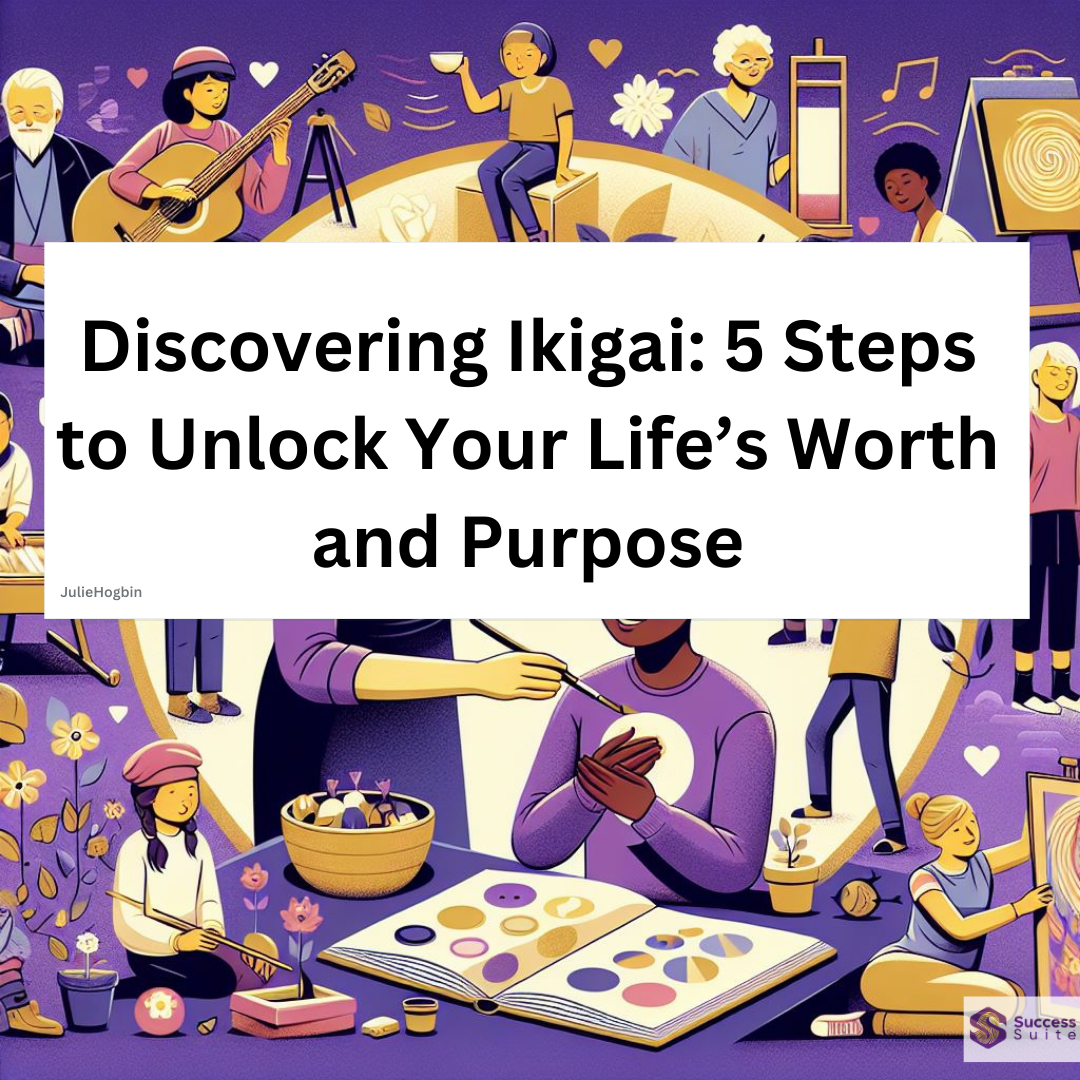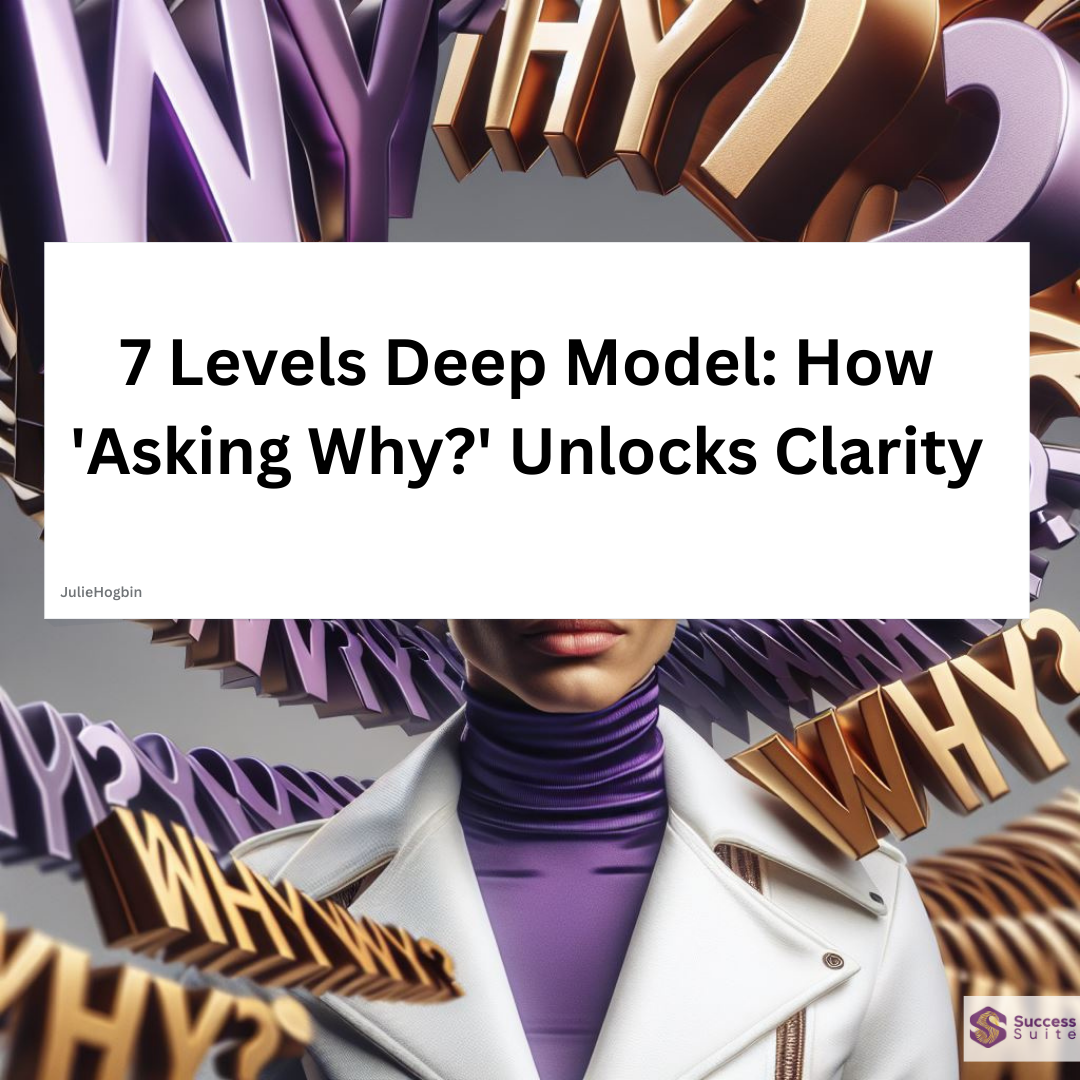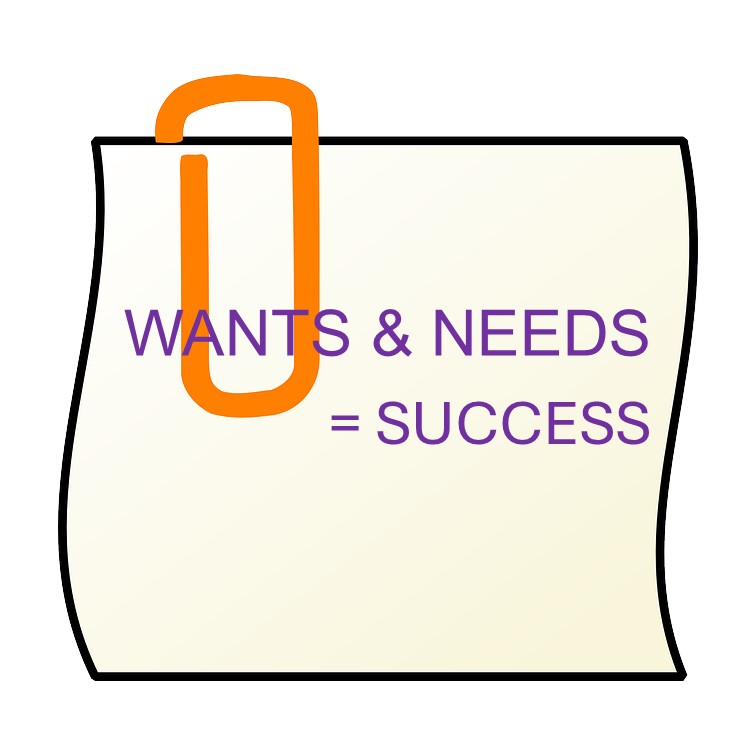What’s Your Reason for Being? Have you ever questioned why you are doing the things you do? Whether it’s in your career, relationships, or day-to-day grind, we all hit those moments where we question our direction. That’s where Ikigai, a powerful Japanese concept, comes in. Pronounced “ee-kee-guy,” it translates to “life’s worth” or “life’s value.” It’s a reminder that your life is more than just a to-do list, it’s about finding joy, meaning, and purpose. If you’re feeling stuck, unfulfilled, or out of alignment, understanding Ikigai can help you create a more intentional and rewarding life. So, let’s dive in and uncover how this philosophy can inspire your journey toward a life worth living. Why Ikigai Matters in a Busy World In today’s rapidly changing world, it’s easy to lose sight of what truly matters. Between juggling work, family, and personal aspirations, finding purpose often takes a backseat. That’s where Ikigai shines. It’s a way to align what you love, what you’re good at, what you can be paid for, and what the world needs. Think of it as your personal compass, pointing you toward fulfilment. When you find your Ikigai, you wake up with excitement and go to bed with gratitude. Even if you’re not living in perfect alignment yet, simply being aware of this concept can change your perspective and help you make intentional decisions. A Cultural Insight: Lessons from Japan My journey with Ikigai began during a life-changing tour of Japan. While I was walking through its bustling streets, I was struck by the country’s unique harmony between tradition and modernity. You’ll find cutting-edge technology alongside ancient practices like bonsai pruning, a skill passed down for centuries. In Japan, I visited temples rebuilt in the exact manner of their ancient originals, preserving knowledge while embracing innovation. I think to myself that that balance is the essence of Ikigai: honouring your past while staying adaptable for the future. It’s no wonder Japan has the oldest population and have the highest number of businesses that is over 1,000 years old. This philosophy of purpose is deeply woven into their culture, and it’s something we in the Western world can learn from and integrate into our own lives. The Four Pillars of Ikigai In Western culture’s understanding, Ikigai emerges where four key elements converge: What You Love Pertains to your passions and joys. What You’re Good At Includes your skills and strengths. What You Can Be Paid For Refers to your profession or business. What the World Needs Your mission or impact on society. When these four areas overlap, you’ll find the sweet spot that brings you purpose, happiness, and balance. But here’s the thing, contrary to what some people say, you don’t have to live in perfect alignment all the time. It’s OK Not to Have One Singular Purpose Let me challenge a myth: You don’t have to have one singular, all-consuming purpose in life. It’s perfectly fine to pursue multiple passions or have a job that funds your true purpose. For example, your 9-to-5 might not light you up, but it provides financial stability so you can support a charity, explore creative hobbies, or travel. You’re still living your Ikigai because every piece of the puzzle contributes to your overall life value. The weight of trying to discover your life’s calling can feel crushing. However, you must focus on what feels good now. Purpose isn’t static. It evolves as you do. The key is intentionality: knowing what matters to you and taking steps to honour it, even if it’s just one small action at a time. Practical Ways to Live Your Ikigai Here’s how you can start integrating Ikigai into your life today: Reflect on Your Joys Take 10 minutes to jot down what brings you happiness. It could be something simple, like listening to birdsong or travelling to new places. These are clues to your Ikigai. Create a Plan Align your passions with your goals. For instance, if you dream of travelling, build a budget and timeline to make it happen. Embrace Small Steps You don’t have to overhaul your life overnight. Start by carving out time for the things that matter most, even if it’s just 15 minutes a day. Balance Work and Passion If your current job isn’t your dream, find ways it can support your passions. Perhaps it funds a side hustle or gives you the freedom to volunteer. Stay Adaptable Remember, your Ikigai will change as you grow. What matters today might look different a year from now, and that’s OK. How Ikigai Can Change Your Life Understanding Ikigai isn’t just a feel-good concept. It’s a tool for transformation. When you live with purpose: You wake up energised, even on tough days. You make decisions with clarity and confidence. You feel connected to something greater than yourself. In short, you stop living on autopilot and start designing a life that feels truly meaningful. Take the First Step Towards Your Ikigai What would your life look like if you aligned with your Ikigai? Imagine waking up with a sense of direction, knowing you’re contributing to something that matters. The journey starts with self-awareness and small, intentional changes. I’m here to help you uncover your unique purpose and create a life that aligns with your values. Whether it’s through my Conscious Leadership Podcast, social media content, or personalised mentoring, let’s work together to unlock your potential. Connect with Me Connect with me today on LinkedIn, Instagram, Twitter, or Facebook for deeper insights into living a purposeful life. Final Thoughts on Ikigai Purpose isn’t something you find once and hold onto forever, it’s a journey. So, start small, stay curious, and remember: your Ikigai is already within you. You just need to uncover it.
7 Levels Deep Model: How ‘Asking Why?’ Unlocks Clarity
Have you ever felt stuck or unsure about the true reason behind a goal or decision? Maybe you’ve set your sights on something — a career change, personal milestone, or even a big purchase — but the motivation behind it feels unclear. You’re not alone. And that’s where the simple yet powerful act of asking ‘Why?’ can be transformative. In today’s blog, I’m diving into the 7 Levels Deep Model, a method I’ve used for years in business and personal coaching. It’s an evolution of the 5 Whys Approach, originally created by Sakichi Toyota for problem-solving in business. The 7 Levels Deep Model takes it a step further, helping you uncover the core motivation behind your goals. Let’s explore how this method works, why it’s valuable, and how it can empower women to make conscious decisions that align with their values and aspirations. Why ‘Why?’ Matters Asking “Why?” is deceptively simple but incredibly powerful. When we take the time to peel back the layers of our thoughts and motivations, we uncover truths we may not have consciously recognised. This technique is especially useful for women, who often juggle multiple roles and responsibilities. By digging deeper into your motivations, you gain clarity, focus, and alignment, three things that make decision-making so much easier. The 7 Levels Deep Model doesn’t just help with personal growth; it’s also a valuable tool for leadership and business. Whether you’re solving a workplace problem or exploring a new opportunity, understanding the real reason behind your actions can lead to better outcomes. What Is the 7 Levels Deep Model? The 7 Levels Deep Model builds on the 5 Whys, a method developed by Sakichi Toyota to find the root cause of problems in business. While the 5 Whys focuses on problem-solving, the 7 Levels Deep Model shifts the lens to personal development. Here’s how it works: Start with a goal, desire, or problem you want to explore. Ask, “Why is this important to me?” Use the answer to form the basis of the next question. Repeat the process seven times. By the seventh Why, you’ll uncover the deeper emotional or value-driven motivation behind your initial goal. The process works because it moves beyond surface-level answers, helping you explore your beliefs, values, and emotions. 7 Levels Deep Model: Some Practical Examples 1. Investing in Property Initial Goal: I want to purchase an investment property. First Why: Why is this important? I want to generate additional income. Second Why: Why is additional income important? It will provide financial stability and security. Seventh Why: After digging deeper, the final answer might be: I want to instil strong values in my children, teaching them about hard work and responsibility, so they grow up to be well-adjusted, successful adults. What starts as a financial goal evolves into a deeply personal one tied to legacy and family values. 2. Becoming a Better Leader Initial Goal: I want to lead my team more effectively. First Why: Why is this important? It will help achieve departmental goals. Seventh Why: The final answer might be: I want to leave a meaningful legacy, shaping the organisation’s future and inspiring others. The journey moves from tactical objectives to a broader vision of leadership and impact. 3. Improving Communication Skills Initial Goal: I want to express my ideas more clearly. First Why: Why is this important? To avoid misunderstandings. Seventh Why: The final answer might be: I want to fulfil my potential, make a meaningful impact in my field, and feel a sense of accomplishment in my career. The deeper motivation reveals a desire for personal and professional fulfilment. How Women Can Benefit from the 7 Levels Deep Model As women, we often face unique challenges — balancing ambition with expectations, juggling roles, and making decisions that affect not just ourselves but those we care about. The 7 Levels Deep Model can help by: Providing Clarity: Understand your true motivations, making it easier to prioritise and stay focused. Building Confidence: When you know why you’re doing something, you can pursue it with conviction. Aligning Actions with Values: Ensure your goals and decisions align with what truly matters to you. Whether you’re looking to grow in your career, strengthen your relationships, or achieve personal milestones, this method offers a roadmap to greater self-awareness and intentionality which are keys in achieving conscious leadership. Using the Model in Business and Leadership The 7 Levels Deep Model isn’t just for personal growth, it’s also a powerful tool for business leaders. Here’s how you can use it: Problem-Solving: Get to the root cause of challenges within your team or organisation. Decision-Making: Ensure strategic decisions align with your company’s values and vision. Team Motivation: Help team members uncover their own “why”, fostering deeper engagement and purpose. By applying this method in the workplace, you create a culture of intentionality, alignment, and growth. Final Thoughts: Why Asking ‘Why?’ Changes Everything The 7 Levels Deep Model is more than just a coaching tool, it’s a way to connect with your deepest motivations and align your actions with your values. For women in leadership, asking why provides them an opportunity to make decisions that reflect their true self, build trust with your team, and leave a meaningful legacy. Are You Ready to Dig Deeper? If you’re ready to dig deeper into your ‘why’ and take your personal and professional growth to the next level, let’s work together. Follow me on LinkedIn for actionable insights on leadership and performance management. Subscribe to my YouTube channel for practical how-to videos. Connect with me on Facebook for daily inspiration and leadership advice. Take the first step today, because the most meaningful growth begins when you ask yourself, Why?
Fractured Focus – The Ripple Effect
The Ripple Effect of Fragmented Focus – Learn how to conquer distractions, sharpen your focus, and achieve your goals with clarity and purpose. “Nothing sits in isolation; everything is connected.” When your focus is fragmented, it impacts your productivity and your emotional well-being, relationships, and overall sense of purpose. In fact, it affects everything. You Tube please follow and subscribe
Overcoming Fragmented Focus: Unlock the Key to Personal Success and Productivity
Fragmented Focus: The Silent Saboteur of Personal Success Learn how to conquer distractions, sharpen your focus, and achieve your goals with clarity and purpose. In an age of endless notifications, multitasking myths, and constant connectivity, focus has become one of the most precious and endangered resources. While the world celebrates the ability to “do it all,” the silent cost of fragmented focus is immense—and often overlooked. So, how does fragmented focus derail personal success, and how can you regain control? You Tube follow and subscribe
Meeting Customer WANTS and NEEDS Builds Loyalty and Drives Business Success
The phrase “give them what they WANT and provide them with what they NEED” is a powerful business approach, especially when attracting new customers and delivering exceptional service.
The Personal Reality of Our Aging Population 1:6 ratio
One Worker, Six Seniors: The Personal Reality of Our Aging Population and the 1:6 Ratio We have a UK-wide ‘problem’, and with the recent changes with the new budget, it is time to think about radical change in life and business Imagine being 25 years old and knowing that by the time you reach your prime working years, you’ll be financially supporting not just your own family but effectively covering the needs of six elderly people through your taxes.
What is Toxic Positivity?
Toxic positivity is the practice of insisting on a positive outlook no matter what the circumstances are.
Understanding Abuse: Breaking the Cycle Without Blame
What is Abuse? Abuse is a powerful word and is not something anybody will want to be called or accused of, and sadly, many are an abuser and do abuse without the knowledge they are, believe it when they are told, or change when someone informs them and provides the opportunity.
Who Am I? The Mystery and Unravelling of Self
In the journey of life, the question “Who am I?” serves as the bedrock of our very existence. It has intrigued philosophers, psychologists, and seekers of truth for centuries and is also one of the top searches on the World Wide Web.
Transforming Envy to Inspiration: Navigating Emotions for Personal Growth
Transforming Envy into Inspiration and Navigating Emotions for Personal Growth – what is the connection between positive inspiration and negative envy as emotions when seeing another person’s success or belongings you admire?










